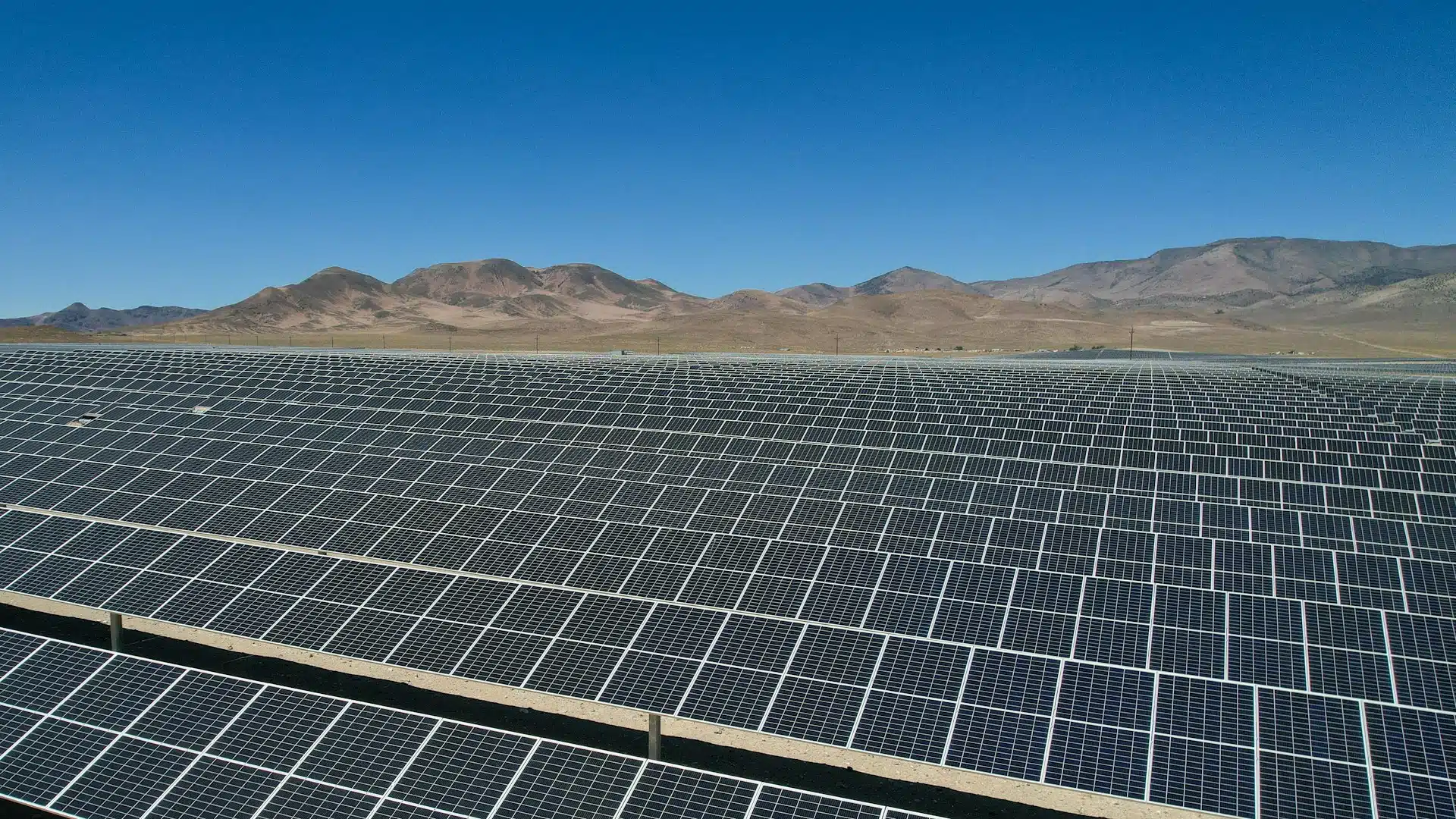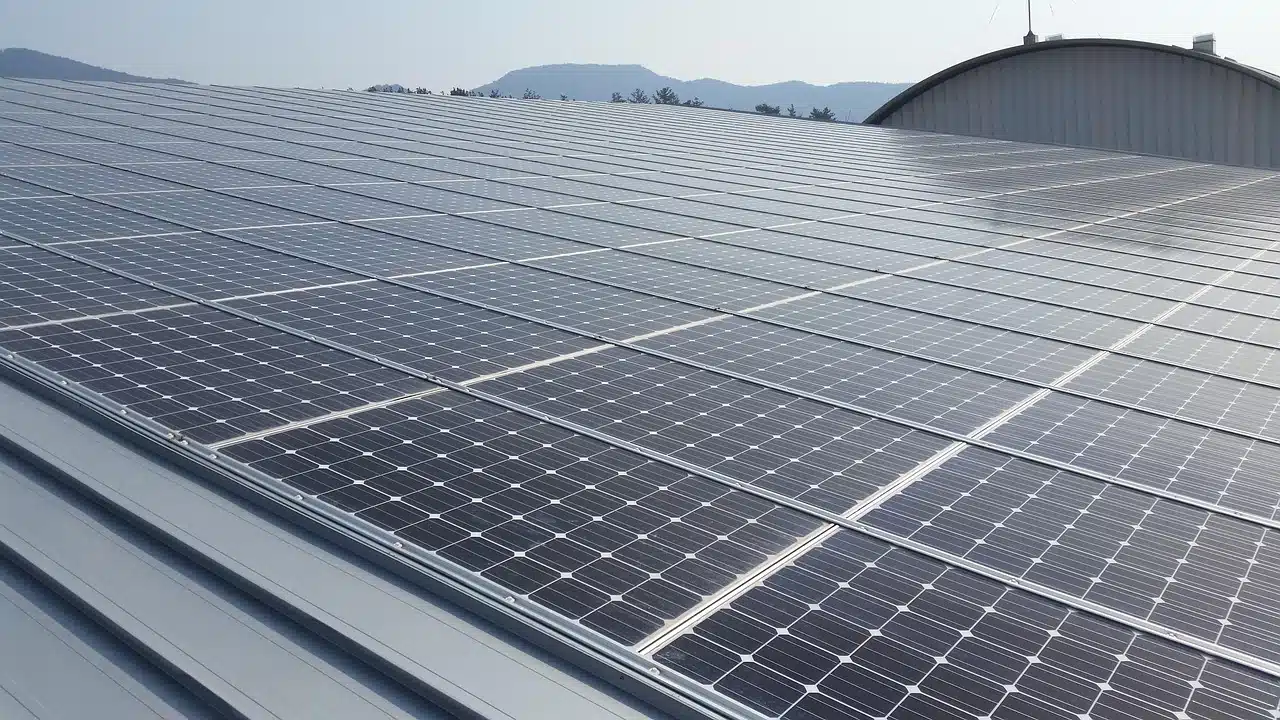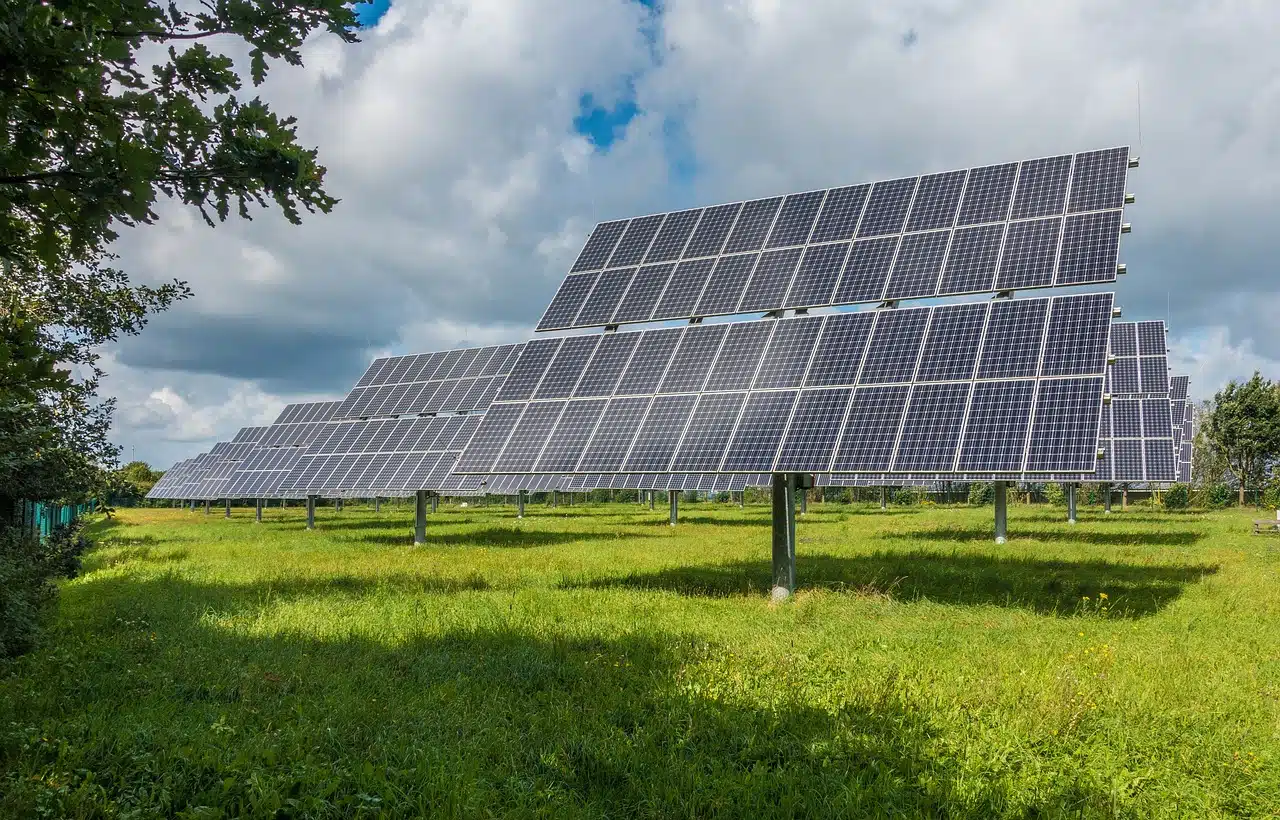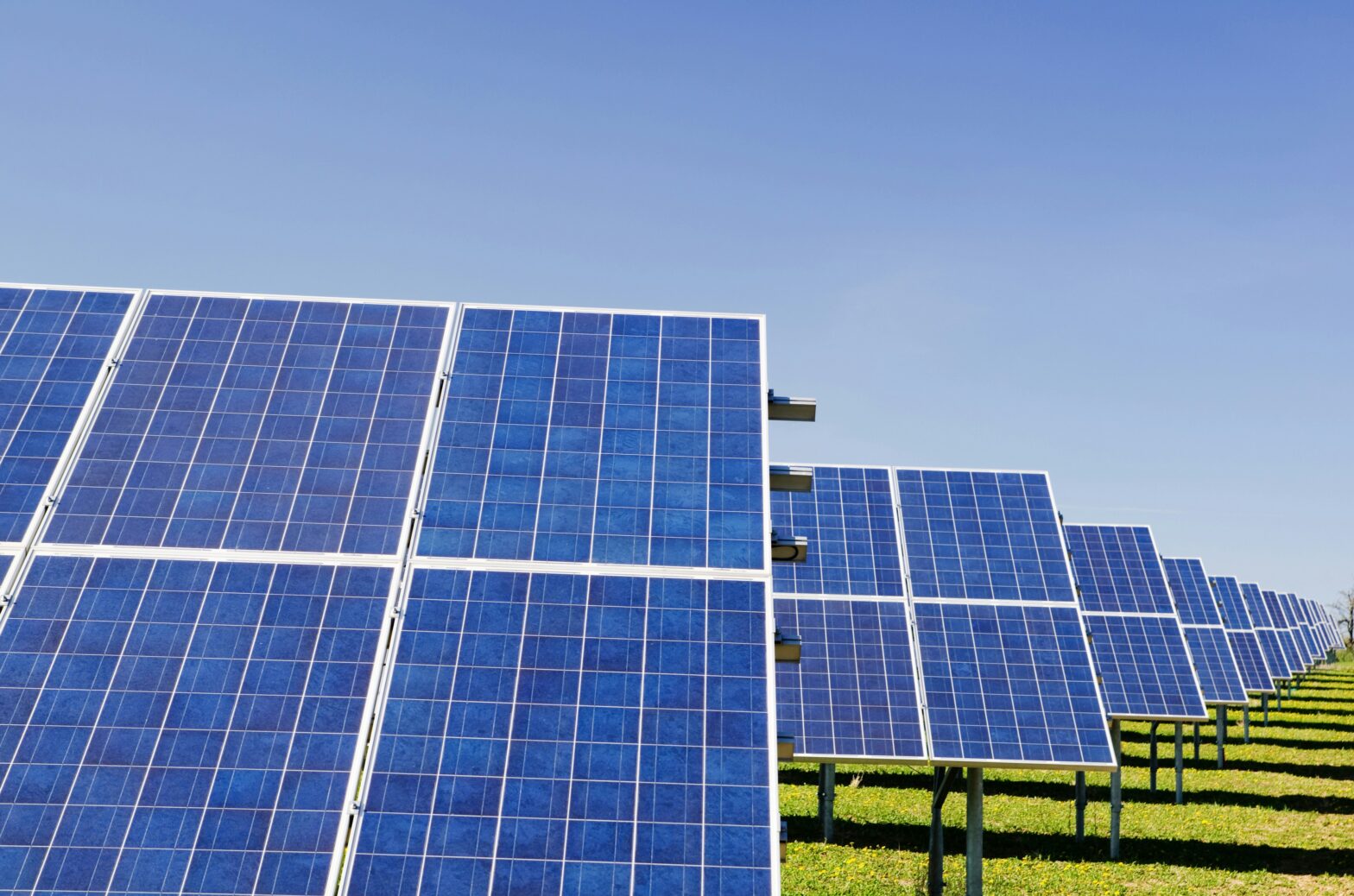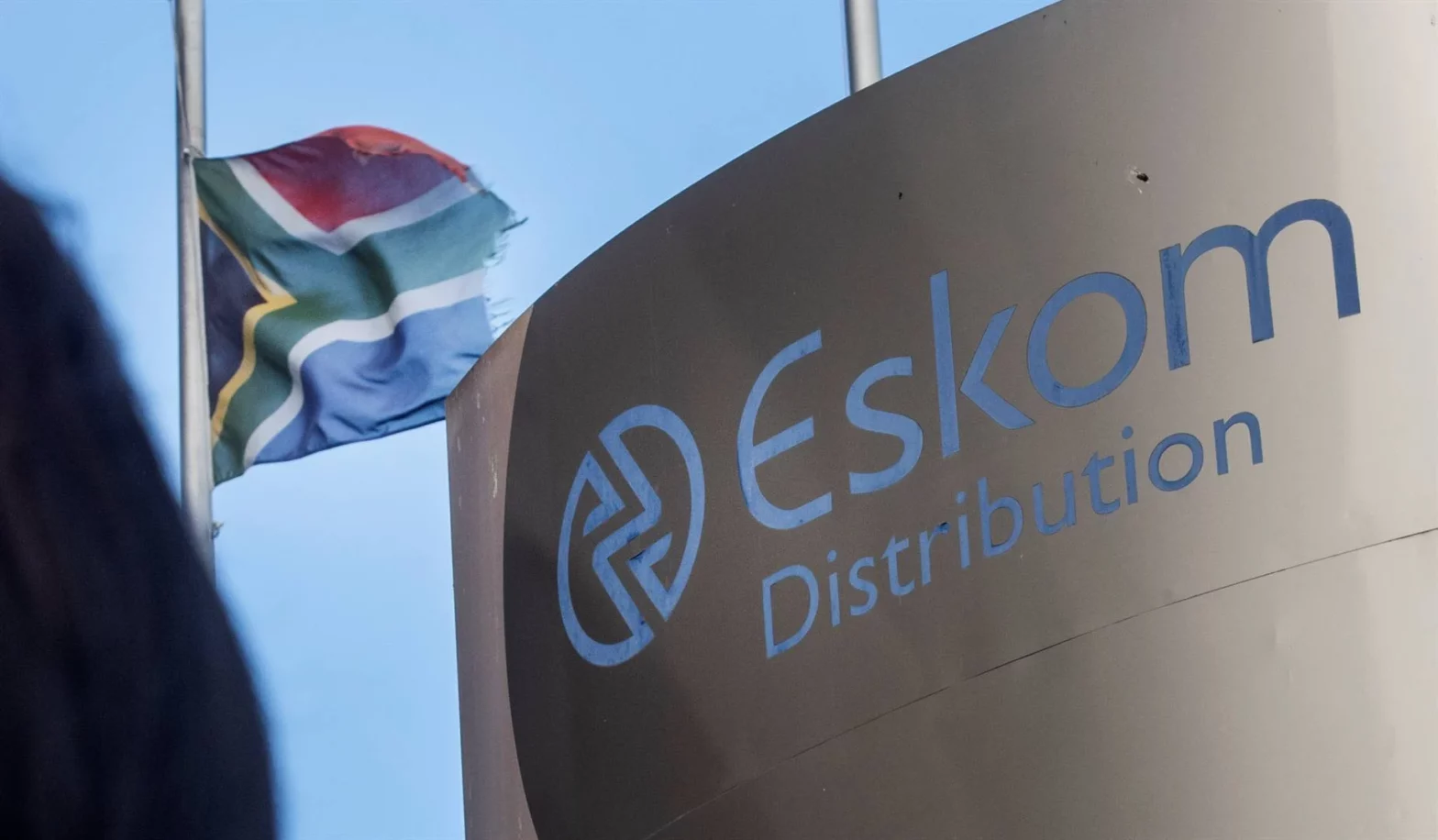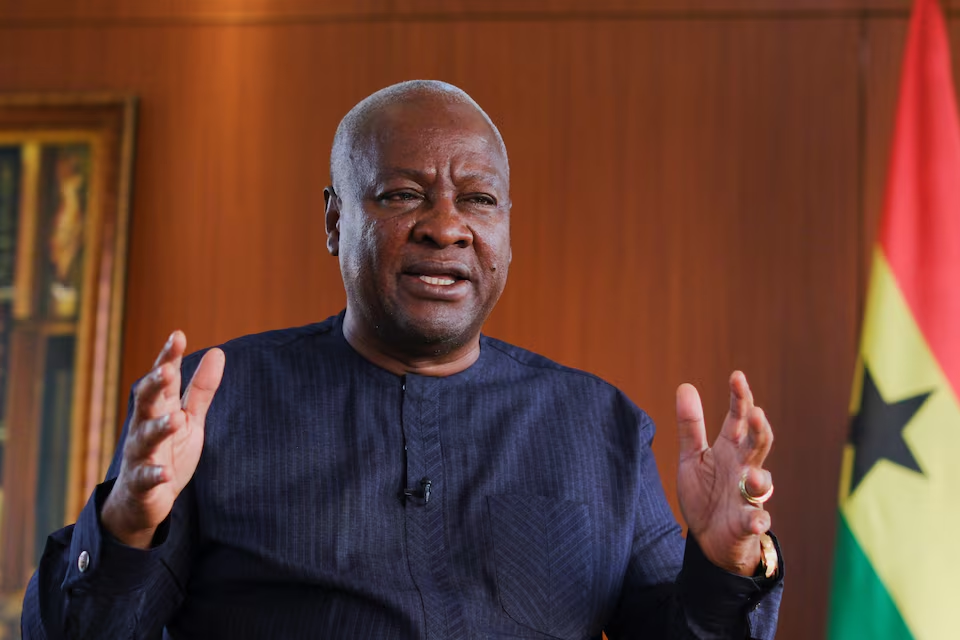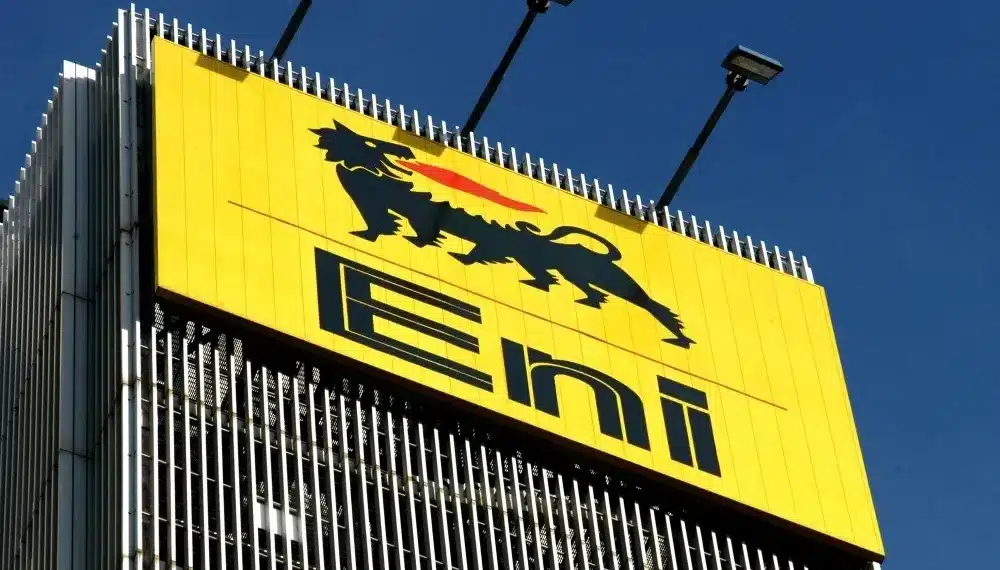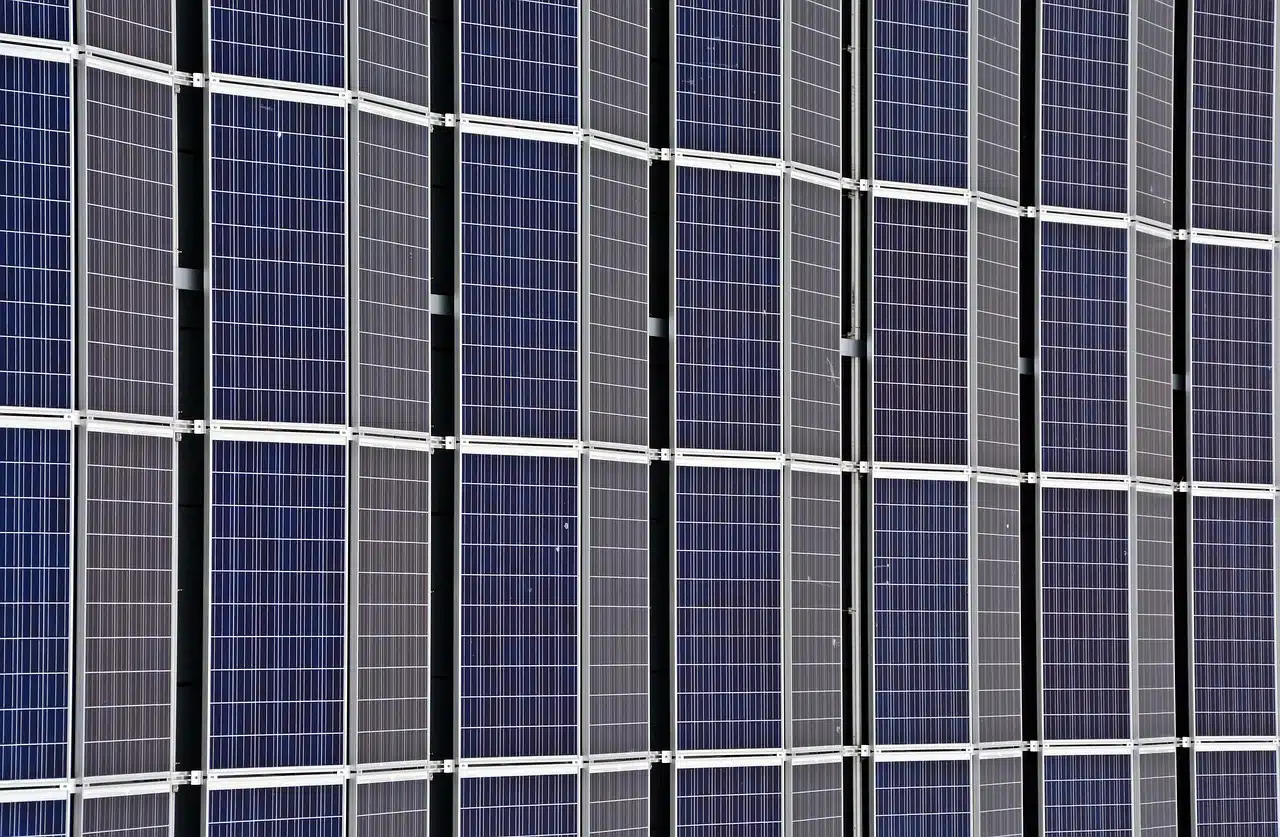Geographically, Egypt lies between latitudes 22 and 31.5 degrees north, right in the heart of the global solar belt. This gives it one of the highest solar energy potentials in the world.
The northern African country is taking advantage of this proximity, building a massive solar park to drive its renewable energy goals and ensuring energy sustainability.
An infrastructure development project backed by over 30 international infrastructure developers, the Benban Solar Park is one of the world’s largest, and is Africa’s largest solar farm.
Launched in 2018, the Benban Solar Park is changing the energy landscape in North Africa.
The Benban complex represents more than just a renewable energy project.
It is the result of unprecedented collaboration between the Egyptian government, international financiers, and several private sector developers.
History of Benban Solar Park
The idea for Benban Solar Park was born out of Egypt’s urgent need to diversify its energy sources after years of chronic electricity shortages, particularly between 2011 and 2014.
The Solar Park was conceptualised by Egypt’s New and Renewable Energy Authority as part of the country’s renewable energy goals of generating 20% of the country’s electricity from renewable sources by 2022.
Following its official launch in 2018 with the commissioning of the first photovoltaic plant, the solar farm has been integrated into the strategy developed by the Egyptian New and Renewable Energy Authority.
In 2017, construction of the solar park commenced, with a consortium of international and Egyptian companies involved in the development.
In 2019, 32 solar plants within the park were connected to the national electricity grid, marking the completion of the project.
The larger aim is to contribute to increasing the share of renewable energy in its electricity generation mix to 42% by 2035.
The park alone reduces carbon emissions by two million tonnes per year.
Who owns Benban Solar Park?
Due to the fact that the park was not developed and funded by a single entity, it does not belong to any person, organisation or nation.
While the site is owned by Egypt’s New & Renewable Energy Authority (NREA), it is a collection of individual solar power plants, each with its own ownership.
Unlike a single-owner plant, Benban is organized into 41 separate plots, each individually developed, financed, and operated by different private companies under Egypt’s Nubian Suns Feed-in Tariff scheme
Some of the companies involved in the park’s development and operation include Scatec, ACWA Power, and Globeleq, among others.
Additionally, various financial institutions like the Dutch Development Bank (FMO), Green Climate Fund, Islamic Development Bank, and the Islamic Corporation for the Development of the Private Sector, provided funding for the project.
About the park itself
The Benban Solar Park is located on a 37 square kilometre patch of land in the village of Benban near the “desert road” between Aswan province and Egypt’s capital city, Cairo.
The park itself has a total combined generation capacity of 1.8 gigawatts (GW) and features over 32 million solar PV panels.
At full capacity, the park is expected to generate 3.8 terawatt-hours (TWh) of electricity annually.
It is also part of the AfDB’s Desert to Power Initiative.
Power plants in Benban
Land at the Benban solar park has been shared to 41 developers to develop individual power plants.
Some key companies and their solar plants at Benban include:
ACCIONA and Enara Bahrain SVP WII (Swicorp): These companies operate 3 plants totaling 186 MW. These plants were built with an investment of approximately $180 million.
Built on axis-tracking systems, these plants generate approximately 456 GWh/yr, powering over 150,000 homes.
ACWA Power: ACWA Power operates three plants at Benban under a Build, Own, and Operate model (BOO) These plants are: Benban 1 (50 MWp), Benban 2 (50 MWp), Benban 3 (20 MWp).
The total capacity of the plants is about 120 MW.
The three projects which began operations in 2019 have a total investment value of $190 million.
Infinity Solar / IB Vogt / Solizer: Jointly developed by Egyptian-based company Infinity Solar S.A.E. and German-based companies IB Vogt GmbH and Solizer GmbH & Co. KG, the 64.1 MW solar plant generates over 148 GWh of electricity per year, powering over 20,000 homes.
Scatec Solar: Scatec and its partners developed six 65MW solar power plants, totaling 390MW.
They produce approximately 870 GWh of electricity per year.
Hassan Allam Utilities & TAQA Arabia: Hassan Allam Utilities and TAQA Arabia jointly developed a ground-mounted solar project in Benban, Egypt. Hassan Allam Utilities holds a 60% ownership stake in the project, while TAQA Arabia owns the remaining 40%.
The project, which spans 97 hectares, generates 154,000 MWh of electricity annually.
With a cost of $75.3 million, the project utilizes 200,040 solar modules.
Other players include:
SP Energy, Horus Solar, Phoenix, Delta Solar, Alcazar Energy, ARC, Arinna Solar, and Al-Tawakol/Enerray/Desert Technologies, all mostly in the 30 to 50 MW range per plot.
Financing for Benban
Financing for solar plants at the Benban solar park comes from a host of companies and financing organisations.
Key funders included:
International Finance Corporation (IFC): The IFC led a $653 million financing package for 13 projects.
European Bank for Reconstruction and Development (EBRD): The EBRD supported 16 projects with over $500 million.
African Development Bank (AfDB): The AfDB’s contributions exceeded $55 million in loans, plus substantial equity-driven capital for the broader project.
Other financial contributors include, Green Climate Fund (GCF) Africa50, Dutch Development Bank (FMO), the Islamic Development Bank, the Islamic Corporation for the Development of the Private Sector and Asian Infrastructure Investment Bank (AIIB).
Speaking on the organisation’s financing of the project, Alain Ebobissé, CEO of Africa50 said:
“Benban is a good example of how we use early stage project development expertise and financing to rapidly bring projects to financial close and then add equity to encourage broader financing.”
Economic impact of Benban
The positive impact the Benban Solar Park has had on Egypt’s economy is tremendous.
During the construction period, the project created at least 20,000 jobs, with roles in engineering, logistics, and civil works.
Post-construction, the project added 6,000 permanent positions by the companies operating the park with roles in plant operations, maintenance, and administration.
On the foreign investment front, Benban attracted over $2 billion in foreign direct investment (FDI) from international companies and financial institutions, including the World Bank.
By producing over 1.8 GW of electricity, Benban has lowered the cost of power generation and helped stabilize energy prices in Egypt, contributing to economic sustainability.
There are also plans by the local authorities of Aswan to transform the Benban Industrial High School into a solar energy school that will provide training on the various aspects of solar energy and electromechanical engineering.
The project is expected to generate over 30 local jobs and roughly $7.4 million in taxes and fees to government authorities annually.
Benefits of Benban to the North African region
Electricity generated at the Benban solar park is sold to the Egyptian Electricity Transmission Company (EETC) through a feed-in tariff model and distributed across the country’s electricity grid.
It has increased Egypt’s capacity to export electricity to neighboring countries via regional interconnections like the 220/400kV interconnector line to Libya.
This enhances Egypt’s geopolitical influence and generates foreign exchange revenue.
The project also promotes regional air quality by reducing carbon emissions by up to 2 million tonnes annually.
The solar park enables Egypt to contribute to Africa’s climate commitments under the Paris Agreement and the African Union’s Agenda 2063.
Moreover, Benban’s links to the infrastructure of the Aswan Dam will help combine hydro, wind, and solar power, a model for other African regions.
What the experts are saying
Moreover, energy experts have largely hailed the project as a win for renewable energy development.
Mohamed Orabi, a professor of power electronics at Aswan University views the project as one that makes his country a global player in the solar energy industry.
“I think Benban Solar Park is the first real step to put Egypt on the solar production world map,” Orabi said.
In addition, Morten Langsholdt, Senior Vice President of Scatec, one of the lead developers at the solar park, touts Benban’s groundbreaking scale in Africa and credits Egypt’s regulatory framework and collaboration for enabling the landmark project.
“A solar project of this size hadn’t been done in Africa before, but the beauty of solar is that the resource is already there, you just have to capture it.
“The Egyptian authorities deserve a lot of praise, as do all the stakeholders,” Langsholdt said.

